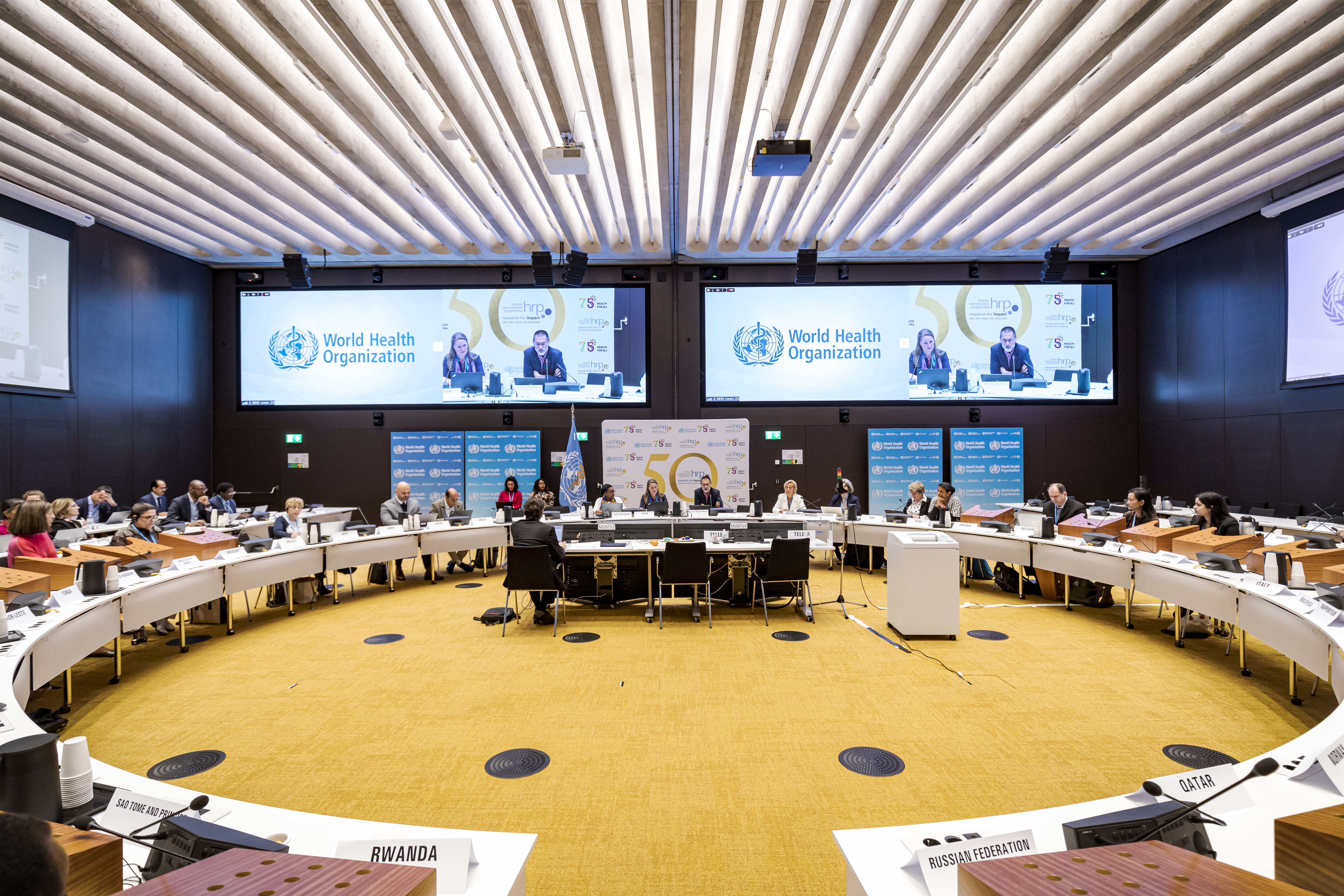Age-friendly Environments Mentorship Programme (MENTOR-AFE)
A training programme to build leaders for the next decade of age-friendly cities and communities
Are you a new or emerging leader of age-friendly cities and communities? Do you want to join a community of age-friendly champions and develop the skills required to create better places to grow, live, work, play, and age?
MENTOR-AFE is a training initiative that aims to build skills that are important for developing age-friendly environments that foster the full participation of older people in community life while at the same time promoting healthy and active ageing.
Currently, MENTOR-AFE takes the form of the Age-friendly Environments ECHO Programme (AFE-ECHO): a multi-session learning cycle guided by the needs of emerging age-friendly leaders and aligned to approaches and guidance from WHO on age-friendly cities and communities.
MENTOR-AFE is a programme of the World Health Organization delivered with support from the International Federation on Ageing.
Keep updated on future rounds (including in other languages) by subscribing to the Age-friendly World newsletter here.
How does AFE-ECHO work?
AFE-ECHO participants are taken through the main components of the WHO age-friendly framework by global experts, towards building competencies to lead, influence, and implement the development of age-friendly environments. Each session will also create a space for participants to apply what they learn through collaborative problem-solving. AFE-ECHO creates a forum where participants learn from one another by refining and testing knowledge through local experiences, with a long-lasting impact far beyond that of a webinar or an e-learning course.
AFE-ECHO comprises of five 1-hour sessions taking place bi-weekly over a 3-month period, and are held in virtual format over Zoom. In accordance with the standards of the ECHO model, participants are expected to attend all sessions, as the experience and knowledge is cumulative. Every AFE-ECHO learning cycle focuses on four key areas:
- Engage and Understand
- Plan Strategically
- Act and Implement
- Monitor and Evaluate Progress
Anatomy of an AFE-ECHO session
| 1. Lecture from subject matter expert | Experts on the WHO age-friendly cities and communities approach will open each ECHO session with a 15 minute lecture that forms the foundation on which to build knowledge and understanding on the specific topic. |
| 2. Case-presentation from learner | There will be one 5 minute case presentation per session delivered by a learner (e.g city leader), which connects the session topic to practical challenges. |
| 3. Clarifying questions | All participants are invited to ask the learner questions about the case to clarify details and provide recommendations. |
| 4. Discussion and case recommendations | Participants discuss key lessons and make recommendations on how to proceed or overcome challenges in the context of the case and more broadly in age-friendly environments. |
| 5. Summary of session learnings, discussion and recommendations | |
| 6. Post-session sharing of knowledge assets | Knowledge assets developed include summary of recommendations, key learnings, and relevant resources. |
Curriculum structure and learning objectives
Upon completion of an AFE-ECHO learning cycle, participants will have gained knowledge on how to:
- Manage a cycle of continual improvement to develop age-friendly environments
- Conduct a baseline assessment
- Develop an action plan
- Implement and manage an age-friendly project or programme of work
- Conduct monitoring and evaluation
| Session 1. The Age-friendly Journey: an introduction | Participants will be able to:
|
| Session 2. Engage and understand | Participants will be able to:
|
| Session 3. Plan strategically | Participants will be able to:
|
| Session 4. Act and implement | Participants will be able to:
|
| Session 5. Monitor and evaluate progress | Participants will be able to:
|


